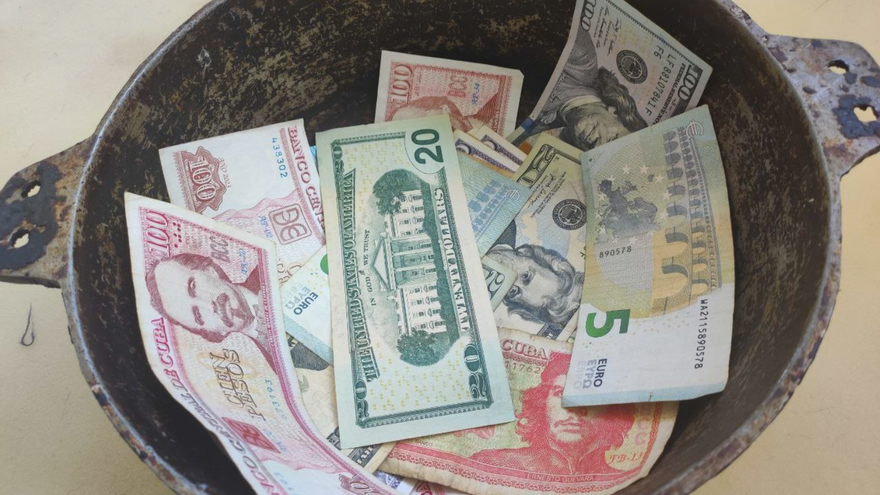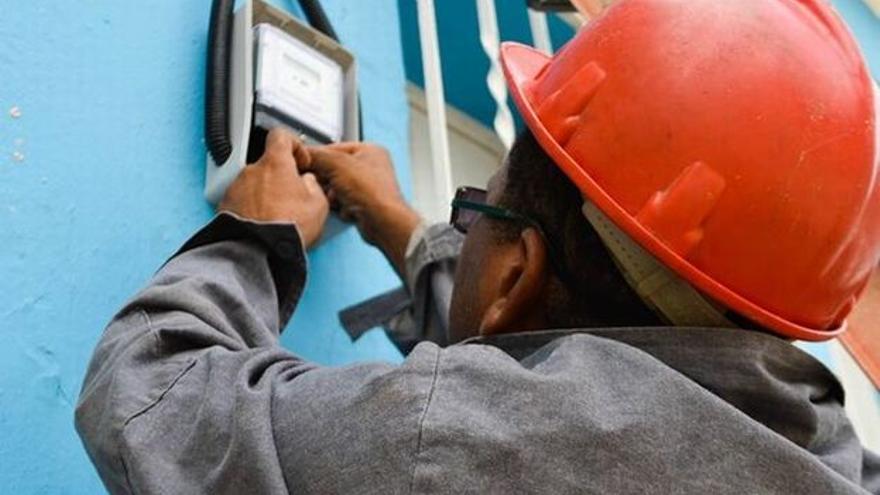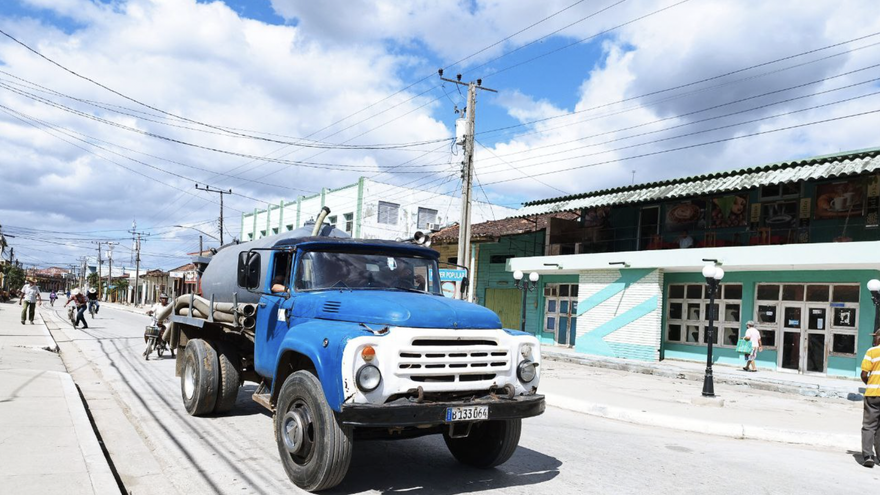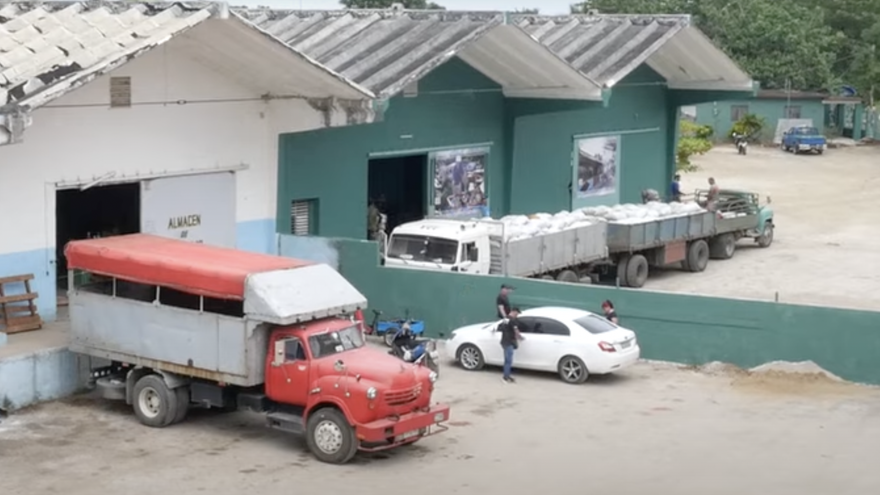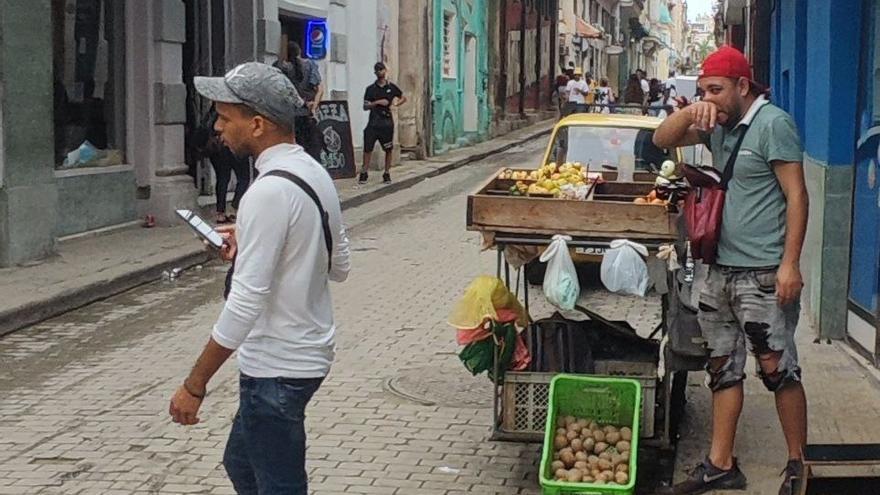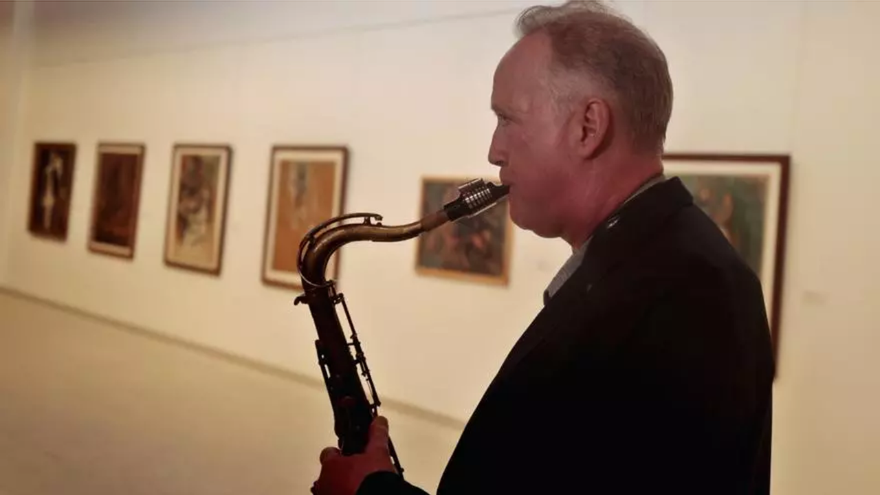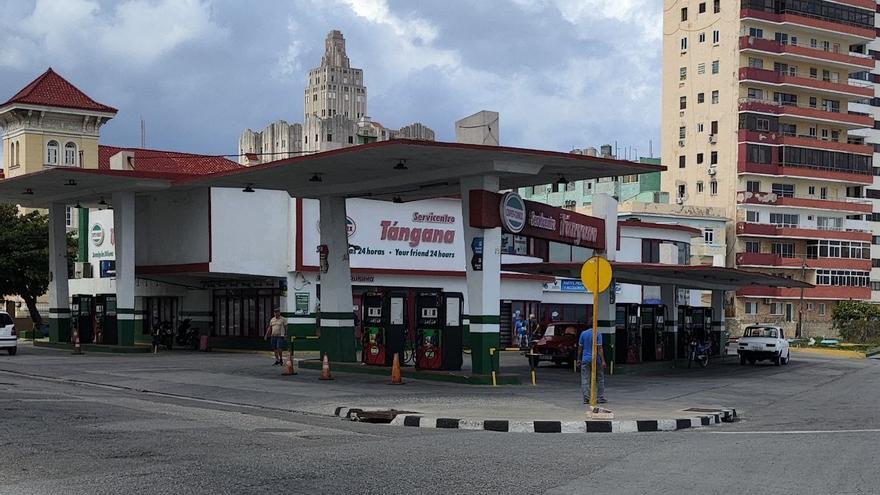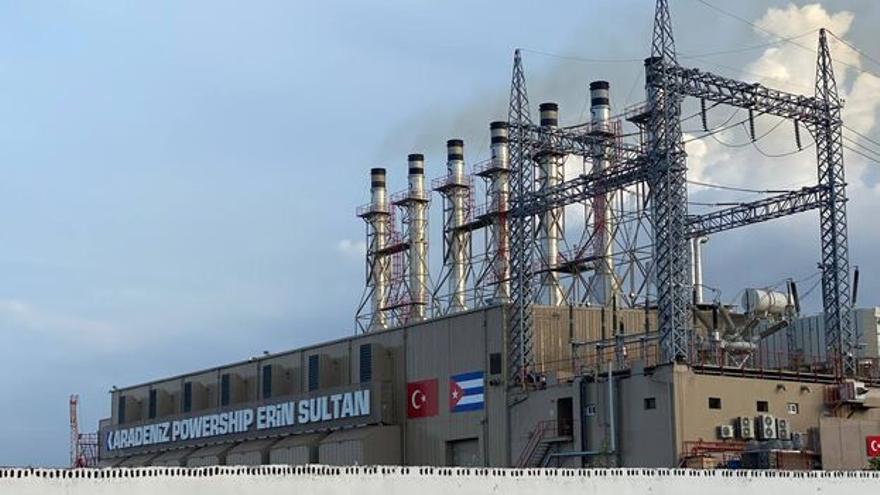
![]() 14ymedio, Madrid, 15 January 2024 — Power plant workers celebrated their day this Sunday with a lot to do. In unit 1 of the Lidio Ramón Pérez thermoelectric plant, from Felton (Mayarí, Holguín), synchronization had to be achieved to reduce Saturday’s scandalous deficit, when at least 800 MW were missing in peak hours. And the reason is still unknown.
14ymedio, Madrid, 15 January 2024 — Power plant workers celebrated their day this Sunday with a lot to do. In unit 1 of the Lidio Ramón Pérez thermoelectric plant, from Felton (Mayarí, Holguín), synchronization had to be achieved to reduce Saturday’s scandalous deficit, when at least 800 MW were missing in peak hours. And the reason is still unknown.
That day there were breakdowns in unit 5 of the thermal power plant of Mariel, unit 1 of Santa Cruz, unit 5 of Diez de Octubre, and unit 5 of Renté, in addition to the two of Felton. To that should be added two more units in maintenance, unit 8 of Mariel and unit 3 of Cienfuegos. Although the entry of two more sections was expected (in Renté and Nuevitas), an unforeseen event happened with three engines of the patana (floating generator) of Melones and several other generators.
If you look back, five days ago all the plants were working, and there was a reserve of more than 400 MW. Today, five days later, almost all the plants have broken down
“At 09:04 pm there was an internal failure in the patanas of Santiago that triggered service exits of the 110 kV lines of the provinces of Santiago de Cuba and Guantánamo, and at 10:25 pm service was restored. The root cause of the failure in the patana is being determined for its subsequent service,” said the Electric Union of Cuba (UNE) in a statement. continue reading
While this version appeared as official, the newspaper Trabajadores explained that the paralysis of the patana was due to the “lack of fuel.” “The UNE and all its infrastructure are a real disaster. If you look back, five days ago all the plants were working and there was a reserve of more than 400 MW, and today, five days later, almost all the plants are in breakdown, and there’s a deficit of more than 800 MW. It’s like a case of Tras la Huella (Follow the Crime),” said a customer, referring to a detective show on Cuban television.
On Sunday, things had improved and a lack of 227 MW in peak hours was expected, attributed to the “deficit in the distributed generation.” Thus, the Minister of Energy and Mines, Vicente de la O Levy, tried to breathe encouragement into the workers in his area. “Our congratulations, recognition and gratitude to the women and men of the electricity sector. Linemen, operators, technicians, managers, from the anonymous to the most visible, who every day, in difficult conditions, make the power continue to reach all of Cuba. We will win!” he wrote on his social networks.
On social networks, the opinions varied. “The electricity and the blackouts reach all of Cuba,” a user responded on Facebook. There were many that encouraged the employees, who, even in the most difficult conditions and with very poor salaries, have little responsibility for the mismanagement of the country, but many customers lost patience. “Every 20 minutes the current goes out here in Santiago, what a joke,” someone responded to the dozens of posts published on the electricity company’s networks to celebrate the day.
All the provinces had their celebratory events, their delivery of symbols and even their chants for the selfless workers, who are fewer and fewer every day
All the provinces had their celebratory events, their delivery of symbols and even their chants for the selfless workers, who are fewer every day. Last Saturday, the technical director of the UNE, Lázaro Guerra Hernández, gave an interview to the official press in which he declared his pride for dedicating himself to the profession and thanked the dedication of the employees. “And so, to the more than 50,000 workers, each one deserves recognition, and I am one of them. Simply put, I don’t see myself doing anything else but working in electricity.”
It is not yet known how many workers left the sector in 2023, but the worst is feared after more than 15,000 left their jobs between 2021 and 2022. Two years ago, 8,089 workers quit in the first nine months, and it was expected that there would be 10,000 by the end of the year. In 2021, 6,612 power plant workers left their jobs. Many of them did it to leave the country, but there were also a large number who left to look for a job that paid better.
In 2023, the average salary of a power plant worker was between 4,000 and 8,000 Cuban pesos a month. As announced by Pedro Alberto Sánchez Torres, general director of the Fuel Oil Generator Generation and Maintenance Company, in 2023 salaries rose by about 3,000 pesos on average. This is the approximate cost of a carton of 30 eggs in the informal market.
Translated by Regina Anavy
____________
COLLABORATE WITH OUR WORK: The 14ymedio team is committed to practicing serious journalism that reflects Cuba’s reality in all its depth. Thank you for joining us on this long journey. We invite you to continue supporting us by becoming a member of 14ymedio now. Together we can continue transforming journalism in Cuba.

